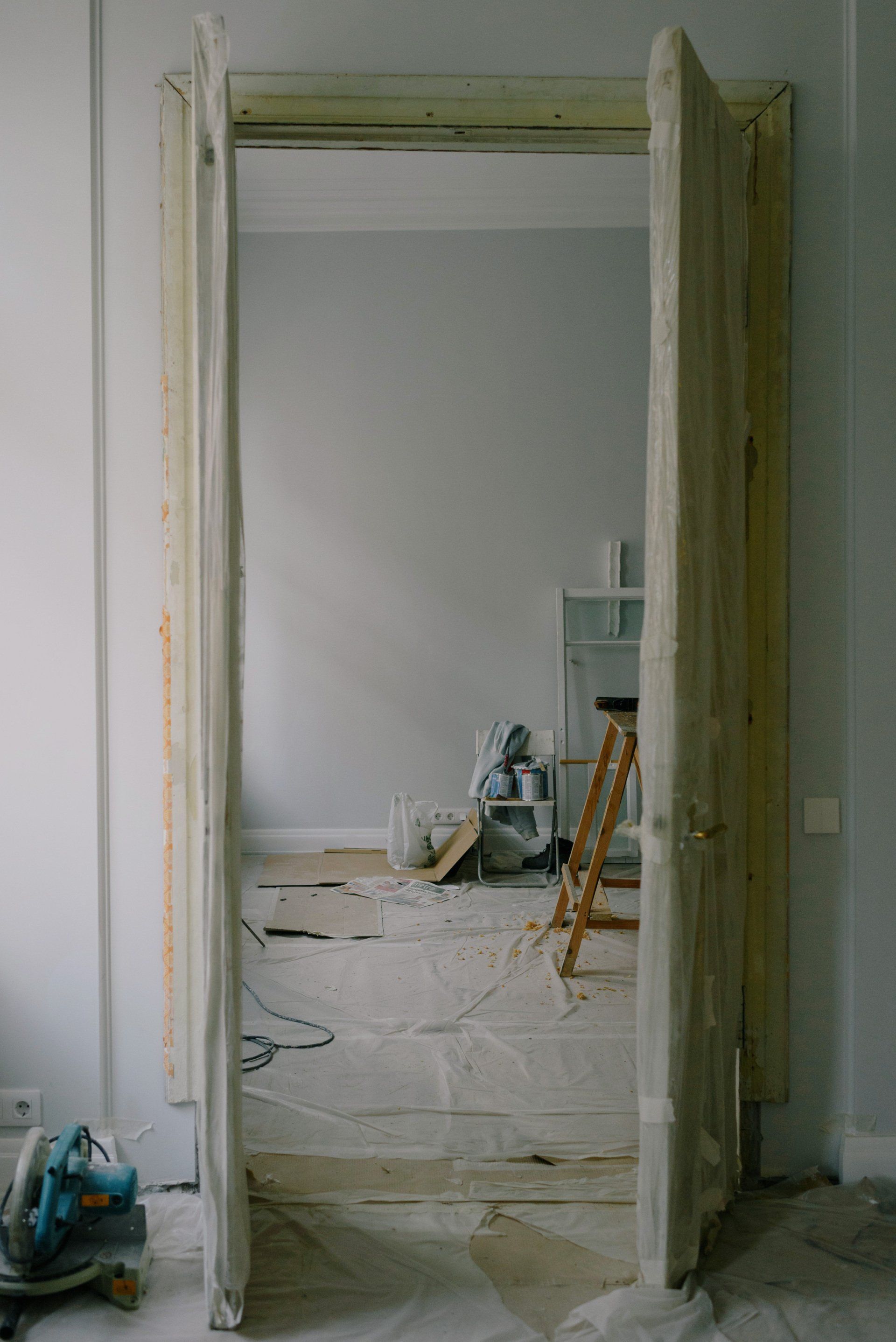Selling a Property in Probate to a Cash Buyer: A Comprehensive Guide
Probate is the court-supervised process of reviewing a deceased person’s assets and making sure they get distributed to their rightful heirs. The rightful heirs are the people or organizations the deceased named in their will. If the deceased died without a will (intestate), state intestacy law determines who gets the property. For example, it might first go to the deceased’s surviving spouse.
If there is no surviving spouse, it may then go to the deceased’s children and grandchildren; if there are no children and grandchildren, the deceased’s parents and/or siblings would usually be next in line.(1)

A Probate House Sale
If a house becomes a probate property, there are a few things you should be aware of before proceeding with a house sale. There is a significant likelihood that property will be involved if you are the designated executor and are processing the estate. A house cannot be legally sold while in probate--before probate has been granted--but it can be listed for sale, viewed, and a sale price agreed upon with prospective buyers. At this point, potential new residents can also apply for a mortgage in principle, but nothing can move further until probate is granted.
Suppose you decide to place the house on the market before probate is granted. In that case, you should notify any interested parties so that they know the procedure will take longer than it would if the property was not under probate. This is especially crucial because some people will be searching for a rapid house relocation due to the completion of their sale. Others will be content to wait, especially if they are particularly interested in the property.
How Long Does It Take to Sell a House in Probate?
Probate is usually granted within 12-14 weeks of the application. A probate property sale, on the other hand, can take significantly longer to complete. The conveyancing and real sales process can then take place, resulting in a lengthy sale. It has been reported that the deal could take up to a year to complete.
The Process of Selling a Property in Probate
To keep things running smoothly during the sale, you should consider the following tips.
Protect the Property
An unoccupied property might be a sanctuary for criminal activity, especially if it is still full of furniture and belongings. Remove any moveable items with great monetary or sentimental worth, and make sure all windows and doors are locked. Turn on the burglar alarm if you have one. Investing in a simple CCTV system can be worthwhile if you have specific worries about the area or anticipate that the property will be vacant for an extended period.
Negotiate the Sale Price
In an empty home, there is a larger danger of maintenance concerns arising and going overlooked. Check that the electricity, gas, and water sources are switched off and that the smoke alarms are working. The property owner’s death will result in the cancellation of any insurance coverage – some will do so immediately, while others will give a 30-day grace period. You must obtain “unoccupied home insurance” to insure the property until it is sold.
Contact the Council and the Utilities Companies
There may appear to be a huge list of businesses and organizations to notify of the owner’s death. In the first instance, the most crucial people to contact are the local government and utility companies. If the property is vacant for an extended period, the council may give a lower council charge. Contacting utility companies, internet and phone providers, and other service providers will prevent bills from piling up for no longer-needed services.
Value the Property
Conduct your web research by comparing recently sold prices of comparable houses in the neighborhood to estimate how much the property is worth. However, because valuing a probate property is more complicated than assessing a conventional house, you should invite numerous estate agents to value the property. If you don’t want to pay these agents, you can use the internet to get a free valuation.
Assess Your Tax Obligations
Once you obtain an exact property valuation, you can assess if inheritance tax is payable. This will be determined by numerous variables, including your relationship to the deceased and the home’s value. The typical inheritance tax rate is 40%. Seek legal counsel to understand the law and how it applies to you.
Your lawyer will give you the necessary documentation and explain how to pay any money owed.
Begin the Probate Procedure
If the dead person left a will, you must submit it to the local court. The court will then validate the will, allowing you to request to start the probate process. If the court approves your request, you will get permission to administer the estate. You will then need to contact beneficiaries, create a list of all the deceased assets, and pay any debts. You can then petition the court to close the estate, ending the probate process.
Sell to a Cash Buyer
Once you complete the probate procedure and you want to sell my house fast, Wauwatosa, you should consider selling it to a Wauwatosa cash house buyer. This decision will warranty you multiple merits, including the following.
- There are no fees, costs, or charges: we buy houses Wauwatosa companies don’t charge estate or auction fees because they buy directly from the beneficiaries. Then, once the sale is completed, they will settle any legal bills, leaving you with nothing to pay and no fees or charges.
- The process is fast: If your loved one dies, you may be left stuck with a property you don’t need. A great way to get rid of such a property quickly is to sell it to a we buy houses Milwaukee company. On the condition that probate has been granted, the entire procedure will take about 14 days on average. If that’s too quick, simply let us know, and we’ll work at your pace.
- Enjoy more convenience: Cash buyers prioritize your convenience; therefore, they will even clear the property for you, eliminating your stress, difficulty, and money during what is typically an emotional period for everyone involved.
Call us today for a no-obligation cash offer on your probate property in any condition.
Contact Us
New Paragraph
Give us a call anytime at 414-368-0281 or fill out this quick form to get started today!
Get A Fair Cash Offer On Your House

About the author
Zach Kirkton
Zach Kirkton is a passionate cash home buyer and the founder of Essential Equity Real Estate, a company that helps people sell their homes quickly and easily. With a deep love for real estate, Zach has dedicated his career to helping homeowners who need to sell their properties fast, whether it's due to a job relocation, divorce, inheritance, or any other life event. He takes pride in providing his clients with compassionate and personalized service, always putting their needs first. Zach and his team are based in Milwaukee, WI, and are committed to helping homeowners achieve their real estate goals.











